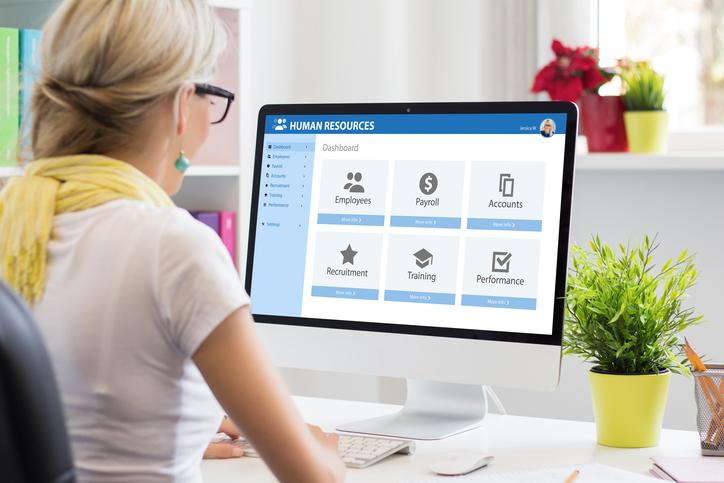
What can universities do to support academic couples?
What elements can make a university stand out as being partner friendly? Here are ways for institutions to support academics in dual-career partnerships – and boost their ability to attract and retain the best talent

You may also like
Popular resources
Many academics are in relationships with other academics.
As difficult as the job market is for most scholars, it can be even more daunting for those in dual-career relationships. They must strive to locate two positions together. If they fail, they risk sidelining one person’s career or living separately. When institutions are partner friendly, this can help couples tremendously.
Institutions can also benefit from dual-career arrangements. By making such accommodations, they can improve both their recruitment and retention efforts.
Some institutions excel in supporting dual-career needs, while others struggle, according to a new scorecard that ranks universities on their partner-friendly status. Those that are doing well have fully developed and staffed programmes.
- Applying for an academic position in the US: the basics explained
- Advice for managing parental leave for university staff
- How to achieve equity in higher education
In order to attract and retain the best talent, universities have to find ways to support academic partners, too. Here, we outline best practices that emerged from scoring these institutions.
Establish dual-career programmes
What elements can make a university stand out as being partner friendly? These can include having:
- A clear process for creating tenure-track faculty positions for partner hires. This process should be transparent and publicly advertised.
- A dual-career programme with a designated point person for enquiries. Programmes should manage dual-career requests, provide assistance to partners seeking employment, liaise with academic units, make referrals and produce outreach and training materials. Ideally, there should be at least one fully funded person running the programme.
- A dual-career website that shares details about the university’s offerings and encourages applicants or their partners to get in touch.
- Dedicated funding for partner-hire lines. In the best circumstances, this funding is centrally provided, lasts until the partner receives tenure, and includes research start-up support.
- Job placement services for academic and non-academic partners. Such services can offer feedback on a partner’s application materials, coach them on interviewing, and make referrals for jobs.
- Explicit guidance for search committees and department chairs so that they are prepared to handle partner-hire requests supportively and legally.
- Reciprocal arrangements with other local-area institutions. This can expand the possibilities for successfully finding a position for a partner.
- An accommodating approach to all partner-hire situations. This can mean allowing any new hires to make partner-hire requests, whether they are being hired as tenure-stream faculty, fixed-term faculty, postdocs or non-faculty. It can also mean encouraging existing employees to make such requests.
Create inclusive cultures
Universities can embrace dual-career policies and programmes to create inclusive cultures and improve gender equity. They can also work on creating cultures that are more partner-friendly.
Although stigmatising language surrounding partner hires is on the decline, the phrases “two-body problem” or “trailing partner” are still in circulation. Such language is both delegitimising and unnecessarily constraining.
Rather than being a problem to be solved, academic couples present an opportunity for universities to gain additional faculty, and top faculty at that. Universities in the Midwest, for instance, have some of the most robust partner-hire programmes, allowing them to lure faculty away from places on the east and west coasts. Also, many universities now include in their job ads explicit language about their responsiveness to dual-career needs as a way to signal their inclusivity and their competitiveness on this measure.
History also has a way of shaping culture. When partner hires are counted against departments’ hiring allocations, rather than being seen as a bonus, this can sour them on being inclusive in the future. Likewise, the academic literature shows that when a faculty member’s dual-career needs have not been met, they may be less supportive of dual-career accommodations for others. It can take time to alter these patterns.
Successful partner hires can build cultural support more generally. This makes sense because the more positive experiences people have with a practice, the more likely they will be to endorse it in the future. And it’s especially revealing to see that when academic couples are hired together, they tend to be more productive on average than their peers and more likely to receive tenure. These are positive things for any academic unit.
Achieving gender equity in the academy could also depend on dual-career support at the institutional level. Because women are more likely than men to be in dual-career relationships, their careers are more likely to suffer if universities are not supportive of academic couples. Additionally, studies have shown that women are more likely to encounter relationship status discrimination than men and to postpone their careers if they are unable to locate positions for their partners.
Supporting academic couples goes beyond individual scholars
At a time when academics are increasingly dissatisfied with the demands their profession places upon them and their families, university investment in dual-career programmes can be an important step towards addressing those concerns. Supporting academic couples is a way of supporting the university. It communicates that the university cares about its members and sees their well-being as a reflection of its own.
Torin Monahan is a professor in the department of communication and Jill A. Fisher is a professor in the Center for Bioethics and department of social medicine, both at the University of North Carolina at Chapel Hill.
If you would like advice and insight from academics and university staff delivered direct to your inbox each week, sign up for the Campus newsletter.
Additional Links
For more resources on this topic, go to our spotlight collection How to factor family into higher education.



Comments (1)
or in order to add a comment